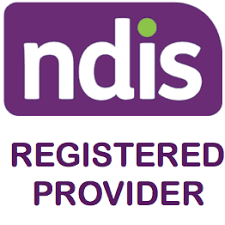Apps
Behaviour Support Therapy Service
What is Behaviour Support?
Behaviour support uses proven strategies and personalised approaches to help individuals by addressing the root causes of behaviours of concern (challenging behaviours). The goal is to improve the quality of life for both the individual and those who support them.
Behaviour Support Service
Our behaviour support service works closely with the individual, their family, and their support team to create a customised positive behaviour support plan. This plan is designed to enhance the individual’s overall quality of life, which includes aspects like relationships, social involvement, personal growth, physical and emotional well-being, and safety.
What does a Behaviour Support Service involve?
Our behaviour support service includes:
- Individual profile: A detailed understanding of the individual’s needs and background.
- Behaviour data collection: Gathering information on behaviour patterns.
- Behaviour Support Plan: An interim and comprehensive plan that outlines proactive, active, and reactive strategies to support positive behaviour.
- Monitoring and Updates: Regular review and updates to ensure the plan remains effective.
- Training for the Support Team: Teaching the support team positive behaviour techniques to ensure consistency and effectiveness.
Speech Pathology Therapy Service
What is Speech Pathology?
Speech pathology is a field where professionals help with communication, social skills, feeding, and swallowing difficulties. A speech pathologist assesses and treats these challenges to improve overall quality of life.
Speech Pathology Services
Our speech pathologist starts by evaluating the individual’s current communication and social skills. Then, we work with the individual, their family, and their support team to create a tailored therapy plan. This plan includes strategies and resources specific to the individual’s daily environments, such as home, school, work, or community settings.
What Will a Speech Pathology Program Address?
Our speech pathology program focuses on:
- Receptive Communication: Helping the individual understand information, routines, instructions, and concepts.
- Expressive Communication: Assisting the individual in expressing their needs, thoughts, and ideas through speech or alternative methods like picture systems or communication devices.
- Social Skills: Supporting the individual in building and maintaining relationships.
- Emotional Skills: Helping the individual recognise and manage their own emotions, understand others’ emotions, and handle strong feelings in a healthy way.
- Executive Functioning Skills: Aiding the individual in planning, organising, sequencing, monitoring performance, and managing time and self-regulation.
If you’re interested in our therapy services, please contact us for more information.



